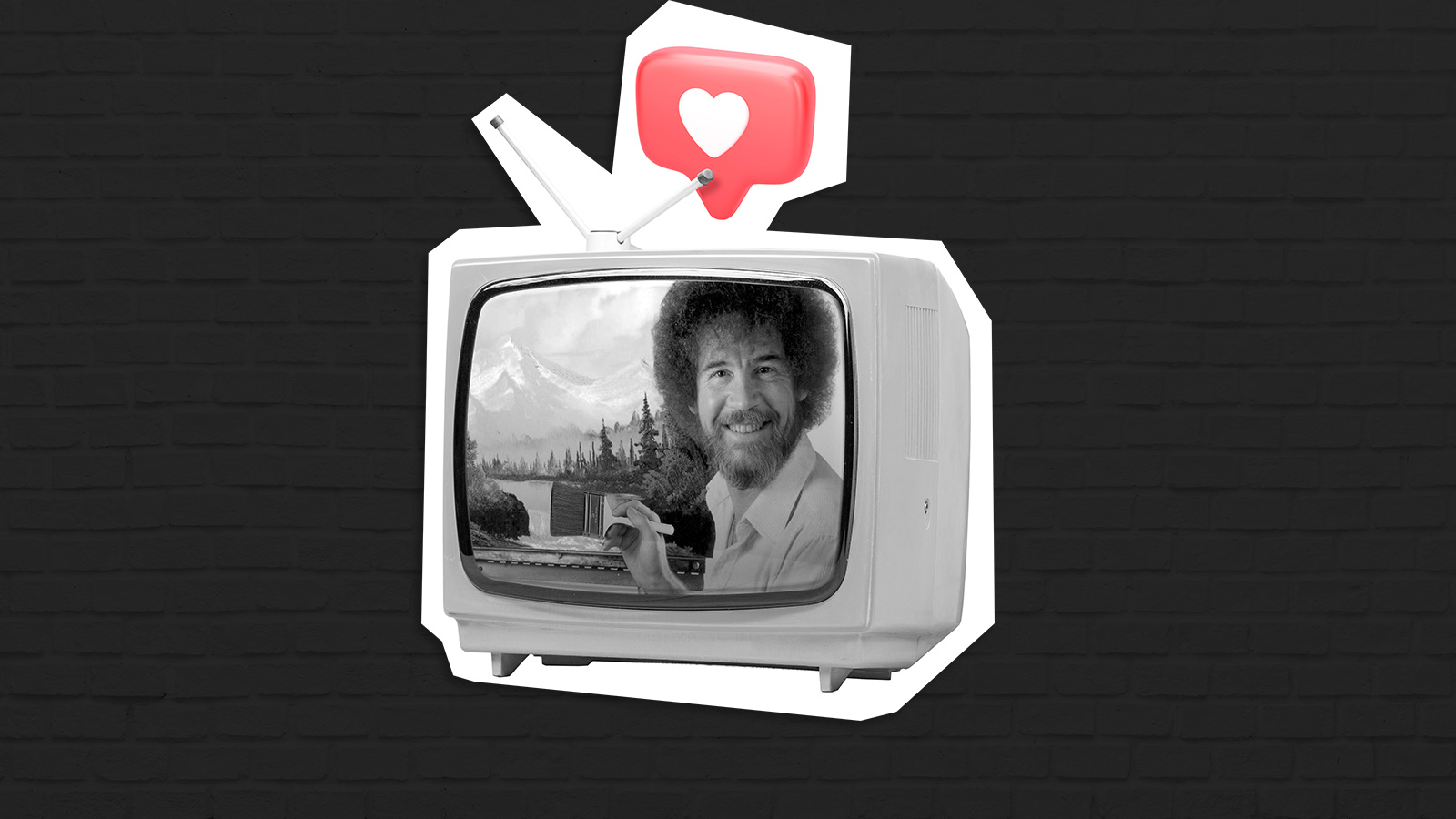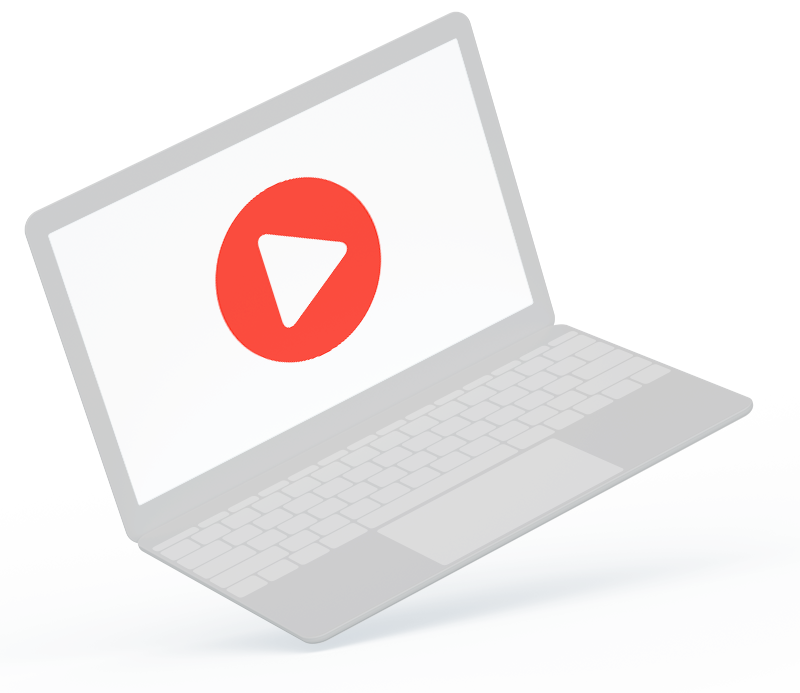
Watch out: Video-based Learning
Saturday afternoon: I’m feeling like Houdini after learning a few quick magic tricks from YouTube, my nephew Tom’s birthday party is saved, plus I can use the money I’ve saved to take Tom out next week. Sunday morning: Tom’s relaxing after his party and, like every Sunday, watching an episode of Art Attack on the Disney Channel. This week he’s drawing dogs.
What do Tom and I have in common? We both learned something thanks to videos at the weekend!
What works so well in our free time is now becoming more and more popular in organisations. Although YouTube and how-to series have been around for a while for anything from boiling an egg to installing a dishwasher, video-based learning is the new black in continuing education. Or as Josh Bersin says: „Video is the next text.“

To watch this video, marketing cookies must be accepted. Click on the play button to accept. You can find more information in our cookie banner and in the privacy policy.
So what’s the big deal?
YouTube has more than one billion users - almost a third of all Internet users (YouTube). Sir Ken Robinson's TedTalk on „Do schools kill creativity“ has over 58 million views. The number of videos and the access to videos on the world wide web is increasing, and with it the number of hobby filmmakers. This is not least due to the fact that the smartphone possibilities are getting better and better when it comes to video. So you can say:
Videos are easy to create & easy to consume.
This is a trend that companies are now following so they can benefit from the advantages of visual learning - but also because videos simply fit in so well with the continuing education trends "mobile learning" and "microlearning".
Still not convinced on e-Learning videos?

Humans are visual beings. In the Stone Age we learned to pay attention to movements and thus to recognise enemies and dangers early on. Even today, moving images attract our attention. Videos also help us to understand and process information more quickly - more precisely, 60,000 times faster than text messages. And finally, learning is information processing.
The memory masters show the way: If they want to remember long chains of numbers, they usually link these verbal messages with visual images in their mind. This activates different brain areas to increase memory recall and ultimately better learning results.
more reasons why you need videos in your content library
Screen-Recordings
They’re especially well-suited for short software how-to´s. In addition, the recordings can easily be created by learners themselves. Keyword: user-generated content.
Explainer videos
Simple drawings or animations in comic style can explain complex and technical topics clear and concise way and get to the heart of the matter.
Interactive videos
Because learners have to react to the content and thus influence the further course of the story, passivity is prevented even with longer content and engagement increases.
Story-based videos
Using real people in real situations increases identification with the learning content.
360° videos
Rotatable 3D or 360° views make it possible to explore a new product or even an unknown place to the deepest corners.
Now you know the why and what, get started on the how tips for creating video trainings
Finally, for those who would like to bring a little Hollywood glamour into their training, here are a few tips for creating learning videos:
- keep it simple, stupid (KISS). Keep your learners on their toes with short, sharp videos
- don't lose sight of your objectives and target group
- combine visual and auditory stimuli for maximum learning success
- but: don’t forget subtitles, most videos are played mobile without sound
- give your learners control over content selection with meaningful titles and playlis
We hope you will conquer the hearts and minds of your learners with our tips. The next issue of eLearning Punk next month will be dedicated to "Blended Learning".
Contact person
